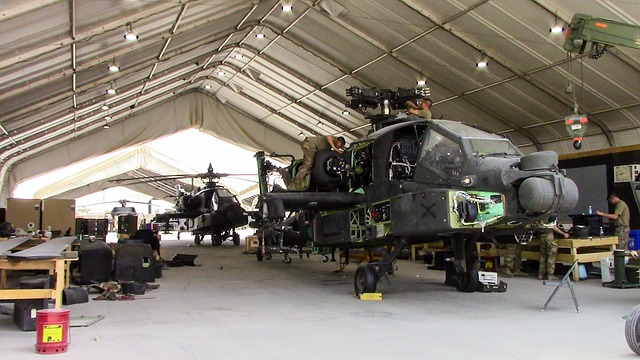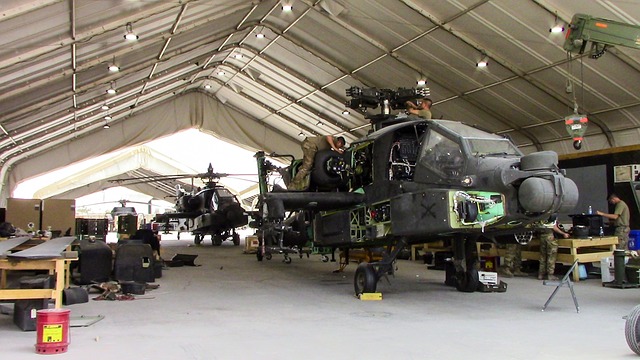Maintenance tips for vacant homes
Maintaining a vacant home can be a challenging task, as neglecting it can lead to various issues such as pest infestations, mold growth, and deterioration of the property. It is important to regularly check on the vacant home and perform necessary maintenance to ensure it remains in good condition. Here are some tips for maintaining a vacant home:
1. Regular inspections: It is essential to visit the vacant home regularly to check for any signs of damage or issues. Look for leaks, cracks, or any other potential problems that may arise in the absence of regular occupancy. By catching these issues early, you can prevent them from escalating into more significant problems.
2. Secure the property: Vacant homes are often targets for vandalism and break-ins. Make sure to secure the property by installing security systems, locking all doors and windows, and possibly hiring a property management company to keep an eye on the home.
3. Keep up with landscaping: Overgrown grass, weeds, and unkempt landscaping can make a vacant home more susceptible to pests and can also decrease the property’s curb appeal. Hire a landscaping service to regularly mow the lawn, trim bushes, and remove any debris from the property.
4. Maintain the HVAC system: It is important to keep the HVAC system running efficiently to prevent mold growth and maintain the overall condition of the home. Change the air filters regularly and consider hiring a professional to perform routine maintenance on the system.
5. Prevent pest infestations: Vacant homes are often attractive to pests looking for shelter. To prevent infestations, make sure to seal any cracks or openings where pests can enter the home. Consider hiring a pest control service to treat the property regularly.
6. Check for water damage: Water damage can quickly escalate in a vacant home, leading to mold growth and structural issues. Check for any signs of water damage, such as leaks or water stains, and address them promptly to prevent further damage.
7. Winterize the home: If the vacant home will be unoccupied during the winter months, it is important to winterize the property to prevent frozen pipes and other cold-weather damage. Insulate pipes, drain the water heater, and consider setting the thermostat to a low temperature to prevent freezing.
By following these maintenance tips, you can ensure that your vacant home remains in good condition and avoid costly repairs in the future. Regular inspections, securing the property, maintaining the HVAC system, preventing pest infestations, checking for water damage, and winterizing the home are all essential steps in keeping a vacant home well-maintained. With proper care and attention, you can protect your investment and ensure that the property remains in good condition until it is ready to be occupied again.
Cost-saving measures for maintaining an unoccupied house

Maintaining a house that is unoccupied can be a costly endeavor. From utility bills to potential maintenance issues, the expenses can quickly add up. However, there are several cost-saving measures that homeowners can take to minimize the financial burden of keeping an unoccupied house in good condition.
One of the first steps to reducing costs is to ensure that the house is properly secured. This includes installing a security system, locking all doors and windows, and possibly even hiring a property management company to regularly check on the house. By taking these precautions, homeowners can prevent break-ins and vandalism, which can result in costly repairs.
Another way to save money on maintaining an unoccupied house is to adjust the thermostat to a lower temperature. By setting the thermostat to a lower setting, homeowners can reduce their heating bills during the colder months. Additionally, turning off unnecessary lights and unplugging appliances can help lower electricity costs.
Regular maintenance is also key to keeping costs down. This includes checking for leaks, inspecting the roof for any damage, and ensuring that the gutters are clear of debris. By addressing any potential issues early on, homeowners can prevent more costly repairs down the line.
In some cases, homeowners may also want to consider renting out the unoccupied house to generate income. This can help offset the costs of maintaining the property while also providing a source of revenue. However, it is important to carefully screen potential tenants and have a solid rental agreement in place to protect the property.
For homeowners who are unable to rent out their unoccupied house, there are still ways to save money. For example, homeowners can look into vacant property insurance, which is specifically designed to cover unoccupied homes. This type of insurance can provide coverage for damage caused by vandalism, theft, or natural disasters, giving homeowners peace of mind knowing that their property is protected.
Overall, maintaining an unoccupied house can be a costly endeavor, but there are several cost-saving measures that homeowners can take to minimize expenses. By securing the property, adjusting the thermostat, conducting regular maintenance, and exploring rental options or vacant property insurance, homeowners can effectively manage the financial burden of keeping an unoccupied house in good condition. With careful planning and attention to detail, homeowners can ensure that their unoccupied house remains well-maintained without breaking the bank.
Risks of leaving a property unattended
Leaving a property unattended can come with a variety of risks and potential consequences. One of the most significant risks is the increased likelihood of break-ins and theft. When a property appears empty and neglected, it can attract unwanted attention from burglars and vandals. Without someone regularly checking on the property, it becomes an easy target for criminals looking for an opportunity to strike.
In addition to the risk of break-ins, leaving a property unattended can also lead to maintenance issues going unnoticed and worsening over time. A small leak or crack in the foundation, for example, can quickly escalate into a major problem if left unchecked. Without someone there to address these issues promptly, they can result in costly repairs and damage to the property.
Furthermore, neglecting a property can also have negative effects on its overall condition and value. Without regular maintenance and upkeep, the property can deteriorate quickly, leading to a decrease in its market value. Potential buyers or renters may be deterred by the neglected appearance of the property, making it harder to sell or rent out in the future.
Another risk of leaving a property unattended is the potential for environmental damage. For example, if a property is left unattended during a storm or extreme weather event, it can suffer damage from flooding, high winds, or other natural disasters. Without someone there to take precautions and mitigate the risks, the property may be left vulnerable to significant damage.
In addition to these risks, leaving a property unattended can also result in financial burdens. Property taxes, insurance premiums, and utility bills still need to be paid even if the property is not being used. Failure to keep up with these expenses can result in penalties, fines, and even legal action.
Overall, the risks of leaving a property unattended are numerous and can have serious consequences. To avoid these risks, it is important to have a plan in place for regularly checking on and maintaining the property, even if it is not being used as a primary residence. By staying proactive and vigilant, property owners can protect their investment and avoid the potential pitfalls of neglecting a property.


